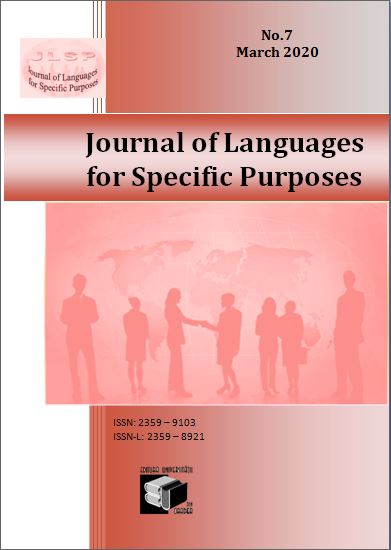Is A Tenancy Agreement A Consumer Contract
On October 21, 2003, the High Court ruled, in accordance with the Office of Fair Trading, that unfair clauses in consumer contracts (UTCCR) applied to leases and other contracts related to land transfer. If the rental agreement contains a rental price verification clause, the tenant has already agreed to increase. However, they must be fair. Existing legislation required that the terms of the contract be transparent. However, the “celebrity test” is a new requirement for businesses. This addition means that brokers and owners need to be more vigilant to ensure that the “relevant conditions” are clear to consumers. Consumers can challenge clauses, i.e. the unfair clauses in the 1999 Consumer Contract Regulations provide the necessary framework for determining whether the lease term is fair or not. Some terms are excluded from the fairness requirement (see below). It can be very tempting to continue to reuse old leases. They used to work, why wouldn`t they work this time? The problem is that the law continues and these previous conditions can now be considered unfair and unenforceable. The lease is a form of consumer contract and, as such, must be done in clear and understandable language. It must not contain clauses that could be “unfair.” This means, for example, that the lease does not put you or your landlord in an unfavourable position, should not allow a party to change the terms unilaterally and without good reason, or to bind you irrevocably to conditions with which you did not have time to administer yourself.
An abusive clause is not valid by law and cannot be enforced. If you feel that your rental agreement may contain abusive conditions, you can go to your nearest citizen council. A term can be considered potentially unfair if it is difficult for a layperson to understand or if he does not use simple language that is easy to understand. If it turns out that a term is unfair, it does not insert the entire contract, but only the clause itself, which becomes unenforceable. Secure short-term leases are subject to unfair clauses of the Consumer Contracts Regulations 1999. The lease you have depends on the facts of your situation, not what your agreement says. For example, if you pay rent to a private landlord who does not live with you and you have accepted a rent of 6 months, you will probably have short-term rent (or a guaranteed short rent in Scotland). This will also be the case if your agreement says otherwise. Check the type of lease you have. You may also have signed an agreement that the property was granted under an occupancy licence. That is not enough to make the agreement a license. A rental agreement exists even if there is only an oral agreement between you and your landlord.
For example, at the beginning of the lease, you and your landlord agreed on the amount of rent and when it would be payable, whether it contains fuel, or if your landlord can decide who else may reside in the unit. Although the law focuses on providing goods and services to consumers, it also contains welcome information for private tenants. This law updates the law on abusive clauses in contracts with consumers; Legislation that also extends to leases. This law provides the legal framework for the assessment of abusive clauses in consumer contracts that include leases after October 1, 2015. There is nothing to prevent the inclusion of abusive clauses in a lease agreement, but an owner should be aware that just because it is included does not mean that it is applicable.





